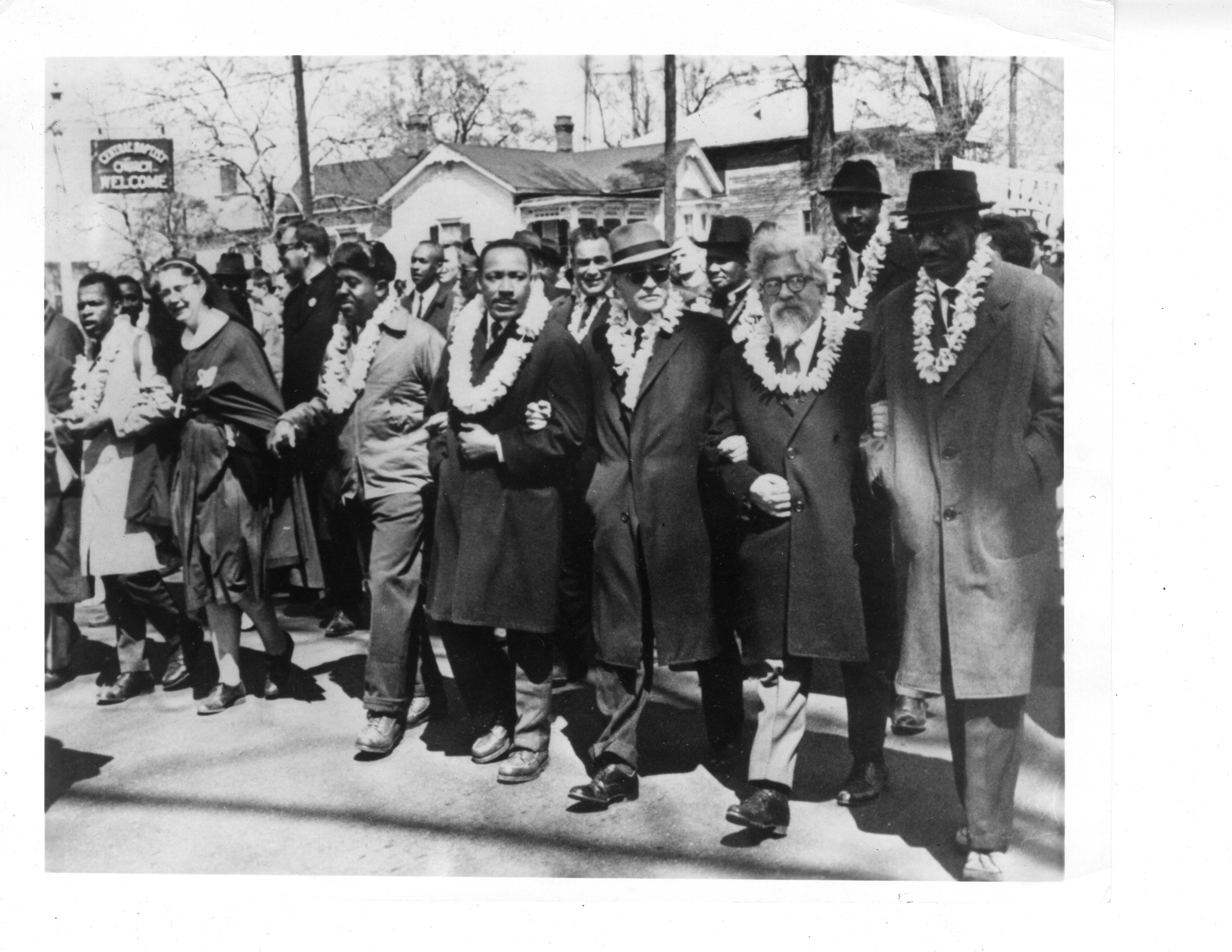Rabbi Ernesto Yattah
He was given the gift of prophecy but also the gift of language to translate into human terms the divine concern.
Seminario Rabínico Latinoamericano
Buenos Aires, Argentina
A Jewish Perspective
Where did you first encounter Heschel’s work?
In the 1970s in Argentina, I learned about Heschel through the impact of Marshall Meyer’s rabbinic work, but my first direct personal encounter with Heschel’s work was in the 1980s, while living in New York.
How did Heschel and his thinking inspire your work, religious life, or civic engagement?
Heschel, for me, is a true prophet in our times, in every sense of the word. What he describes of the prophet, the prophetic experience, and prophecy in many of his works (The Prophets, Prophetic Inspiration After the Prophets, God in Search of Man, and others) is born out of his own personal experience. One can sense in the poetry of his youth how he was almost “accosted” by God as the prophets of the Bible were.
Then we have Heschel’s own personal hint in God in Search of Man, where he tells us that “the philosopher is never a pure spectator . . . his books are . . . as windows, allowing us to view the author’s soul . . . All philosophy is an apologia pro vita sua.” Thus, also, what Heschel writes about Saadia, Maimonides, Abarbanel, the Baal Shem Tov, or the Kotzker Rebbe often reveals his own life, ideas, and struggles.
For Heschel, the prophet, the man is more important than prophecy; the life of a person more important than his ideas. Heschel’s ideas are profound and spiritually transformative, for me more so than those of any other religious master or philosophical thinker I have ever read in my life. But even more amazing is to feel the enormous privilege of the close connection to Heschel that is created when one reads his works. When he writes, every reader is addressed personally, and his ideas are applicable to the lives of all people at all times. This is the distinctive quality of divine revelation. Through it, God speaks to us, in our time. Heschel was His prophet for our times. God is concerned for us, for the desperate and possible terminal state of humankind and our inability to find a way out of our quandary by ourselves, without His help. He never loses faith in us, and Heschel lived in great anxiety and almost despair in the face of the human condition. He was given the gift of prophecy but also the gift of poetry and language to translate into human terms the divine concern. His message will only grow more and more meaningful for humankind with the passage of time. As Marshall once told me, Heschel will be understood 500 years from now.
What of Heschel lives in you?
His passion for truth about the deeper wisdom and significance of Judaism is a spiritual adventure that unfolds in history as a response to the divine call to all humankind. He is sensitive to each and every sacred source of Judaism: the Hebrew Bible (Torah, Prophets, and Writings), rabbinic literature (Talmud and Midrash), medieval Jewish philosophy, and mysticism and Hasidism. He is the last great master of Judaism, able to integrate all of the Jewish tradition, understanding the significance of each period in Jewish history and the right tenor of each sacred source. He was able to create a bridge between them and our times and culture, which he also embraced and mastered with unique depth and sensitivity. He was able, also, to dialogue meaningfully with all people and groups, knowing how to speak to each one of them and what message they each needed to hear. In this he was like Aaron, “ohev et habriyot umekarvan la Torah” (be of the disciples of Aaron, loving peace and pursuing peace, loving mankind and drawing them close to the Torah).
In response to the question of whether he was a prophet, Heschel said:
I won’t accept this praise, because it’s not for me to say that I am a descendant of the Prophets, which is an old Jewish statement. It is a claim almost arrogant enough to say that I’m a descendant of the Prophets, what is called Bnai Neviim. So let us hope and pray that I am worthy of being a descendant of the prophets.
—Eternal Light interview, 1972; transcribed in Moral Grandeur and Spiritual Audacity
